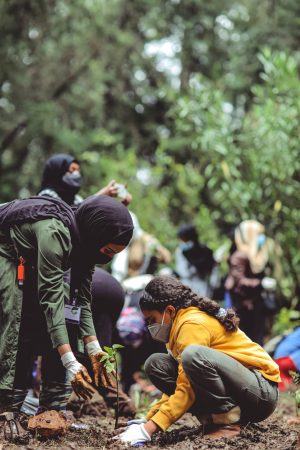WEF: Nature-led COVID recovery could create $10tn/year
The World Economic Forum’s New Nature Economy report, published in July 2020, found that prioritising nature in the COVID recovery strategy could generate 400 million jobs and $10 trillion per year. Important components of such a strategy are ending the $2 billion of damaging subsidies given daily to agriculture; such subsidies must be redirected at sustainable […] July 16, 2020
The World Economic Forum’s New Nature Economy report, published in July 2020, found that prioritising nature in the COVID recovery strategy could generate 400 million jobs and $10 trillion per year. Important components of such a strategy are ending the $2 billion of damaging subsidies given daily to agriculture; such subsidies must be redirected at sustainable farming practices. Similarly, perverse fishing subsidies must end; better management of wild fish could increase overall catch in the long-run, provide 14 million jobs and generate $170 billion. Cities are also a key location for investment. Retrofitting buildings to increase energy efficiency could save $825 billion by 2030, and the market for green roofs is already at $9 billion with potential for rapid growth.
The World Economic Forum say that business-as-usual is not an option, and that we must invest in nature to avoid the consequence of continued unchecked destruction of nature and disturbance of the climate. Indeed, investment in nature is fundamental for avoiding future pandemics. A recent study estimated the financial cost of monitoring and preventing disease spillover, by for example preventing deforestation and regulating wildlife trade, to be $22-31 billion/year. This would provide a diverse suite of advantages in addition to pandemic-avoidance, such as about $4 billion/year in social benefits from reduced greenhouse gas emissions. Given the global cost of COVID-19 in 2020 is expected to be at least $5 trillion, it is clear that such investments in nature are highly cost effective.
Read the Guardian’s summary here.
